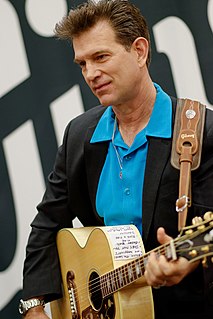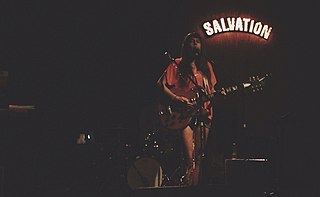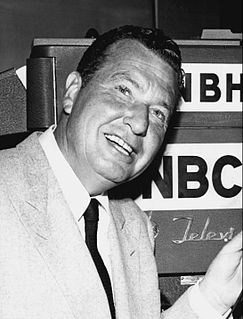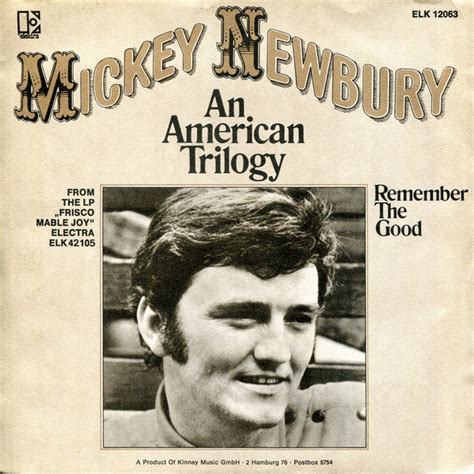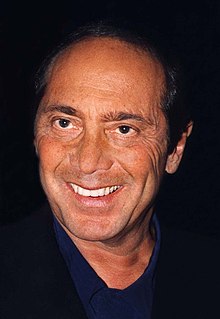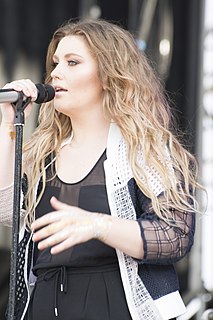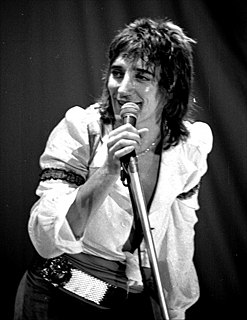A Quote by Chris Isaak
I think I had kind of an advantage. When I was growing up, my dad had just got out of jail and he had a great record collection. He had - it was all - these were the songs. So I heard a lot of these songs, like, my whole life, so for me it was easy. I already knew what I was going to sing.
Related Quotes
A lot of times, that's hard to capture: what you sound like in person versus what you sound like on record. If I had total control, I would do a lot of the old songs - not only my songs but Sam Cooke songs, Luther Vandross, melody songs. That's what I would really do if I had an opportunity to do a record.
The first song I wrote and had published was titled "Just As Long As That Someone Is You". It was written in 1959, and recorded in 1965 by Jimmy Ellege. I started writing songs because I wanted something of my own to sing. I, at that time, was not aware that the songs I heard on the radio were not written by the folks singing them. I had always loved poetry, and found it easy to integrate a melody with poetry.
I still have my first paycheck. It was just, I think, a dollar or two that I got when I started as a songwriter with BMI, and I had some songs there that I had through the company, and in the mail I got this big old check for, like, a dollar and a half or something. Somebody had recorded one of my songs.
What I do now is all my dad's fault, because he bought me a guitar as a boy, for no apparent reason. ... I wrote some of my best love songs ever when I was unhappy and my saddest love songs when I was very much in love. When I wrote 'You're in My Heart', which is an uplifting song, I had just broken up with-Now who had I broken up with?. ... Half the battle is selling music, not singing it. It's the image, not what you sing.
